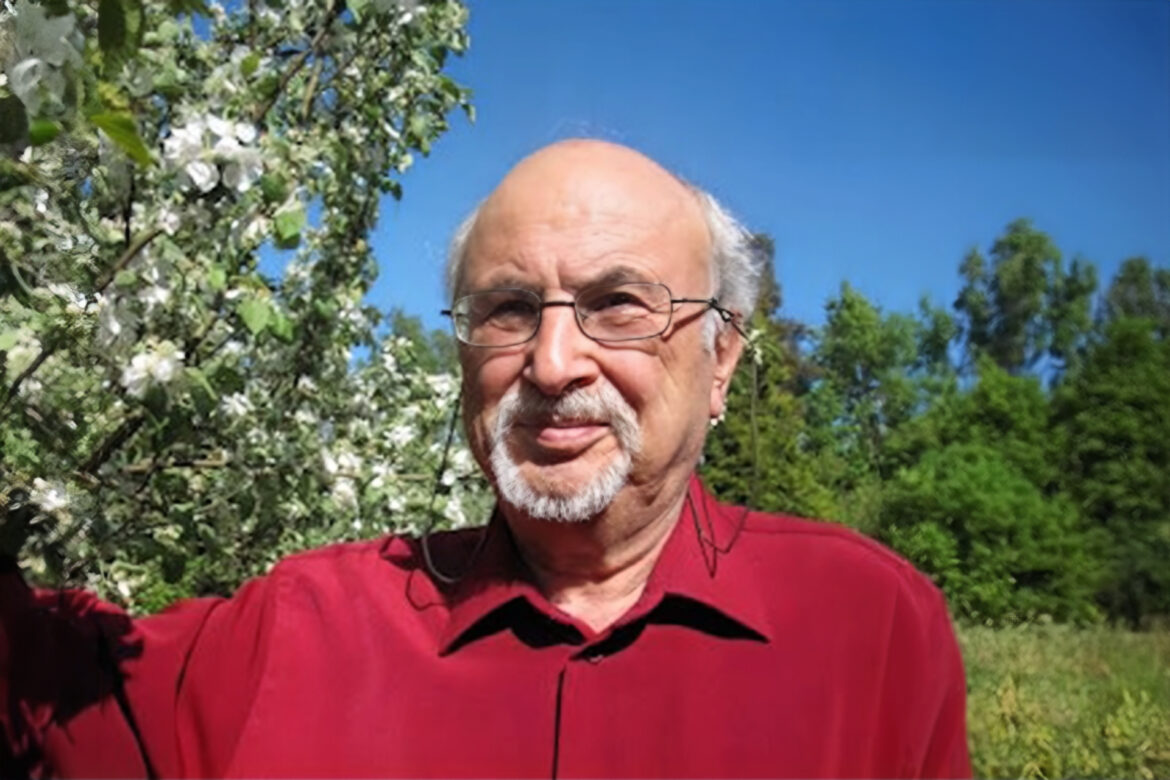A Palestinian playwright, born in Jerusalem in 1908. He contributed to founding a number of groups that formed a cultural renaissance in Palestine. He held several jobs locally and internationally. He was awarded the Jerusalem Medal for Culture and Arts in 1990. He died in Damascus in 1996.
Birth and upbringing
Nasri Al-Jawzi was born in 1908 in Jerusalem. He received his primary education at Bishop St. George’s School, and obtained a diploma in journalism from London in 1935.
He taught the Arabic language in a number of Jerusalem schools for 25 years before the Nakba in 1948, then he immigrated to the city of Damascus with his wife and two daughters.
He completed his teaching career there, then later returned to Jerusalem to resume his educational and theatrical role.
Theatrical experience
Al-Jawzi began writing plays in the late twenties of the last century, drawing inspiration from the Arab and Islamic heritage and the surrounding social situation, as he had extensive knowledge of books related to the Arabs and their history.
Al-Jawzi became involved in theatrical writing based on his observation that Palestine needed a theatrical movement, so he began writing plays and involving his students in acting them.
Nasri Al-Jawzi was influenced by his teacher, the Palestinian writer and translator Khalil Beidas, who was keen to select plays that were compatible with the Palestinian environment, and in 1925 Al-Jawzi participated in acting out the novel “The Heavens” (1909) by Antoun Gemayel.
Al-Jawzi was one of the pioneers of the theatrical artistic renaissance in Palestine, and in a published interview with him he said that “four factors contributed to that renaissance, namely: national and foreign schools, Egyptian troupes that visited Palestine between 1925 and 1932, radio stations, and Palestinian clubs and associations.”
According to Al-Jawzi, Palestinian theater at that time was characterized by patriotism and anti-colonialism, and was socially progressive. Despite this, finding female actresses was not easy, and those who agreed to join acting were required to work according to social controls.
Palestine has never known a difference between a Christian and a Muslim, which was reflected in the theatrical choices of the Palestinian Christian Al-Jawzi.
He prepared many plays about Islamic figures, and between 1939 and 1943 he taught the Holy Qur’an to his students.
His theatrical contribution
In 1928, he founded the Al-Jawzi theatrical troupe, and in 1936 he founded the Al-Jawzi radio troupe, which represented about 120 acting acts, each half an hour long, on Al-Quds and Near East Radio in Jaffa, and was the first to broadcast acting acts. In 1948, he founded the Al-Shuala Radio troupe in Damascus.
Among the most prominent plays presented by his troupe were “Fouad and Laila,” “I Do Not Sell My Land or the Heritage of My Fathers,” “Ghost of the Free,” and “Burning Candles,” the latter two of which achieved great success.
The play “The Ghost of the Free” was first performed in 1935 in Jerusalem. Its events revolve around a man who intends to sell a piece of land to settlers. When his son, who was a student at the American University in Beirut, found out, he returned to Palestine to prevent the sale.
During the dialogue between the father and son, Omar bin Al-Khattab, Khaled bin Al-Walid, and Saladin Al-Ayyubi appeared to them, and reminded the father of their sacrifices to establish a strong Arab kingdom and defeat the Romans and Persians, so he finally rescinded the sale.
After the play was presented, Al-Jawzi was arrested by the British Mandate authorities.
Al-Jawzi was very keen to spread national awareness regarding the issue of selling land, so he addressed it in the play that was later shown in Irbid and Amman, Jordan. He also sold it to the Arab Bank, which distributed it and encouraged its representation in Palestinian villages.
Between 1932 and 1948, he wrote “Recovering the Fouls of Honorable Men,” “I Do Not Fight for Omar,” “Mother’s Day,” “The Third Party,” “Omar Bin Al-Khattab and the Old Man,” and “The Intelligence of a Judge.”
His first theatrical collection was published in 1970 in Damascus. It consisted of three chapters and was entitled “Justice is the Foundation of Kingship,” followed by a second collection in 1971, entitled “Palestine We Will Not Forget You.”
Among his theatrical productions after the Nakba are “Eid of Evacuation,” “Smash the Idols,” which deals with the life of Omar ibn al-Khattab and his companions before Islam, “Loyalty to Companions,” and “Displaced Children,” which tells about the children of Palestine, Lebanon, Vietnam, Rhodesia, and Negroes in the United States of America.
Non-theatrical contributions
Al-Jawzi edited the magazine of the Syriac Orthodox Patriarchate in Jerusalem, and was secretary of the Palestinian Teachers Union for private schools in the country.
Between 1925 and 1930, he contributed to establishing the Arab Sports Club in Jerusalem, and participated in establishing the General Football Association.
Between 1956 and 1967, he supervised American media publications, during which he supervised the translation and review of more than 150 books in literature, science, history, politics, and theater.
He wrote a number of short stories, including:
- Woman and woman.
- The unsung hero.
- Behind the door
- blood pressure.
- Memory and revenge.
- Return of the expatriate.
- Me and my student.
He also has two books on history:
- History of Palestinian Theater (1918-1948).
- History of Palestinian Radio (1936-1948).
Death
Al-Jawzi died on August 17, 1996 in the Syrian capital, Damascus.



